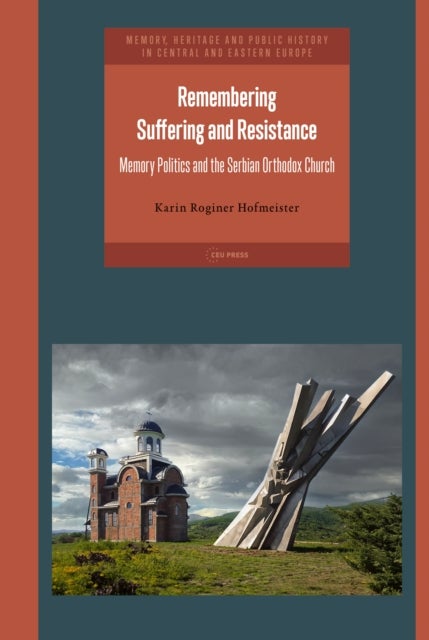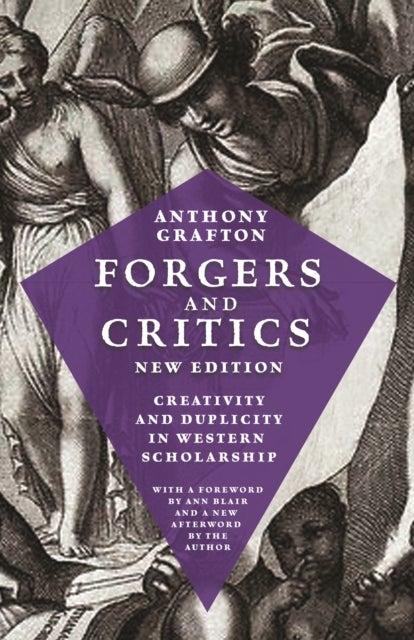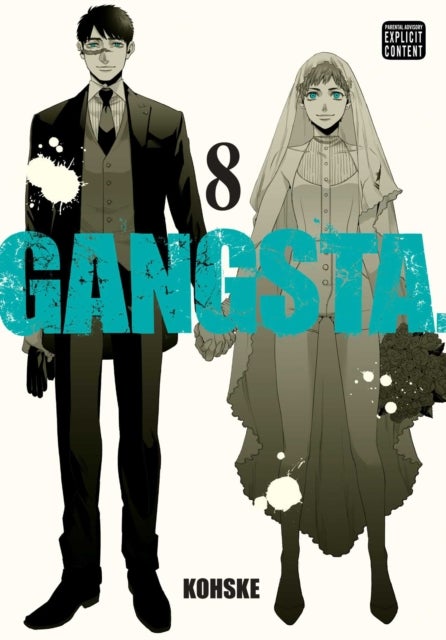
Remembering Suffering and Resistance av Karin (Post-doctoral researcher lecturer Malach Centre for Visual History at Charles University) Roginer Hofme
869,-
<p>Assessing issues related to the Orthodox Church from an academic, secular point of view is a sensitive matter. However, through a kind of ¿methodological agnosticism¿, this volume has managed to tackle the subtle topic in a very delicate and value-neutral way. The book traces and interprets the mnemonic engagement of the Serbian Church with the memory of Serbian heroic victimhood in World War II. The author examines the motivations, forms, strategies, and outcomes of these activities in post-2000 Serbia, arguing that for late modern societies, a compact presence of the past in the present is of crucial importance. The search for a collective memory is particularly urgent in the face of societal uncertainty, to which Churches can provide an effective response. Religious institutions therefore often use their memory potential to reaffirm their public relevance. </p><p>The Serbian Orthodox Church could develop a wide range of activities within the memory fields framed by the post-commu








